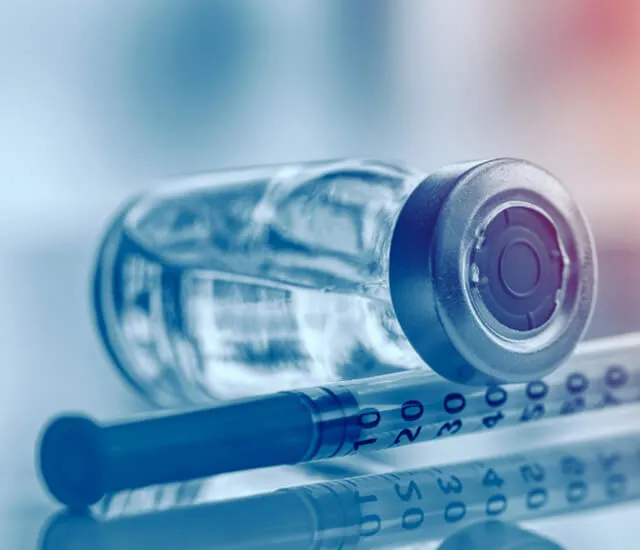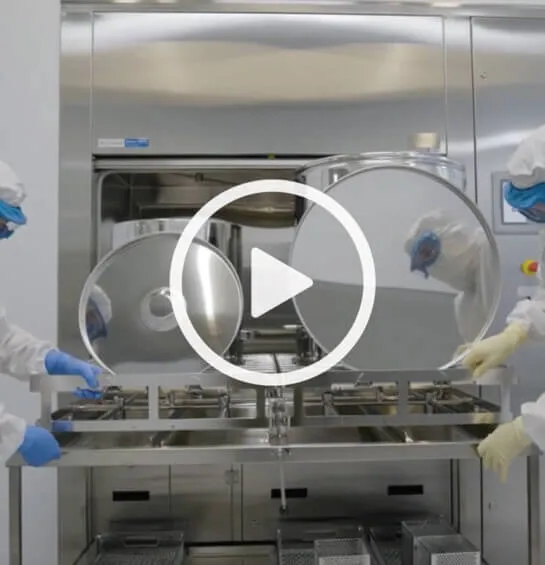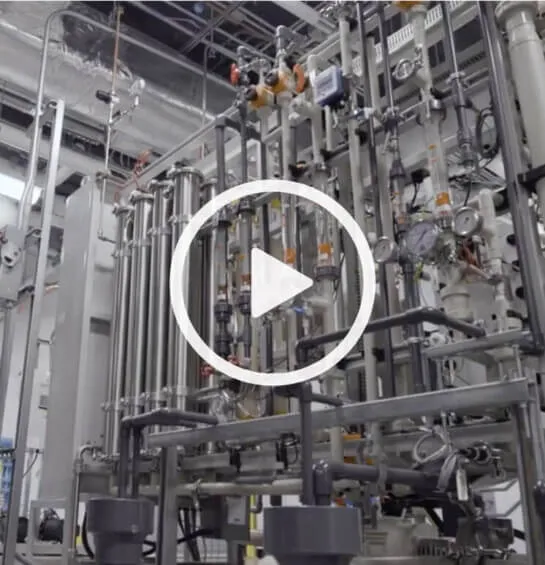Why Empower?
Our state-of-the-art facilities use advanced technology and equipment to produce high-quality, custom medications at scale through our 503A pharmacy and 503B outsourcing facility.
To ensure the reliability and quality of our products, our multi-pronged quality process adheres to stringent regulatory standards across every step — from ingredient sourcing to fullfilment — so the medications we send out are of the highest caliber every time.
Access to affordable, high-quality, compounded medication shouldn't be limited by location. That's why we're licensed to ship nationwide, including Puerto Rico. Ground and overnight shipping available and discreet packaging for every order.


 Semaglutide / Cyanocobalamin Injection
Semaglutide / Cyanocobalamin Injection Tirzepatide / Niacinamide Injection
Tirzepatide / Niacinamide Injection Testosterone Cypionate Injection
Testosterone Cypionate Injection NAD+ Injection
NAD+ Injection Sermorelin Acetate Injection
Sermorelin Acetate Injection HCG Injection
HCG Injection Omnitrope Injection
Omnitrope Injection Nandrolone Decanoate Injection
Nandrolone Decanoate Injection Tralement Injection
Tralement Injection Enclomiphene Citrate Capsules
Enclomiphene Citrate Capsules













